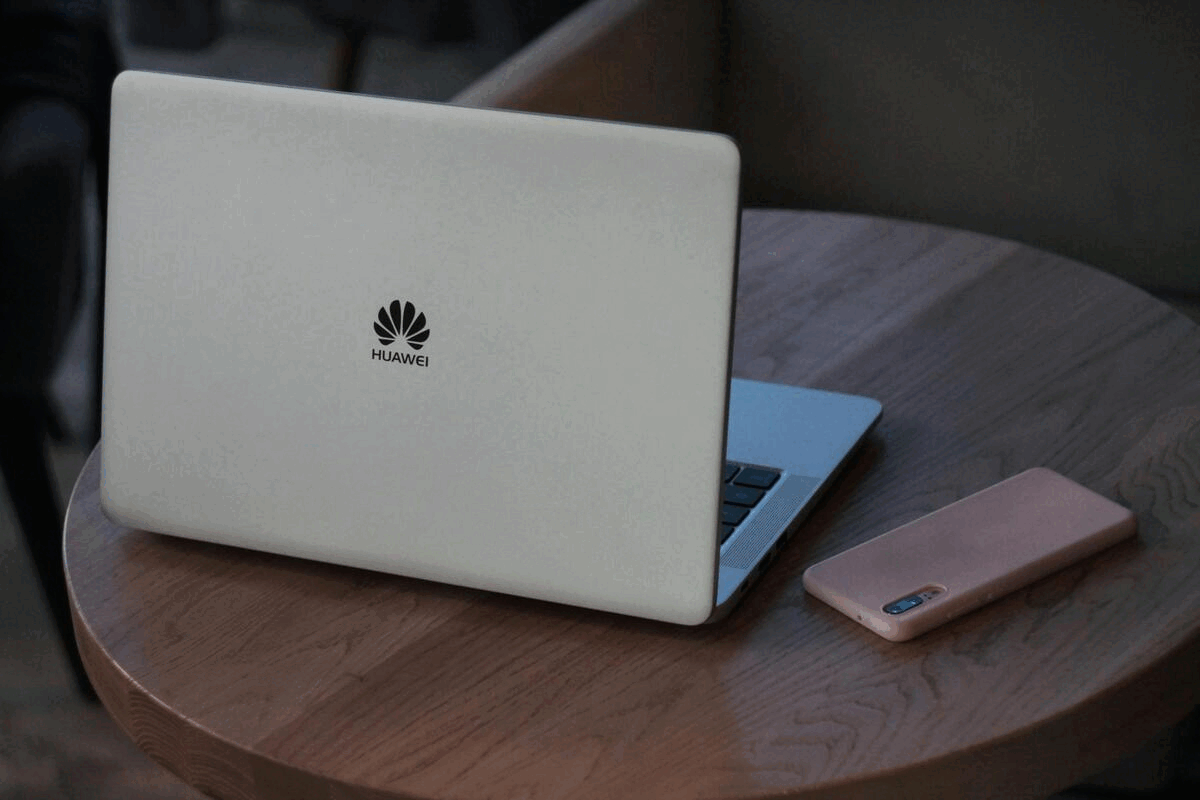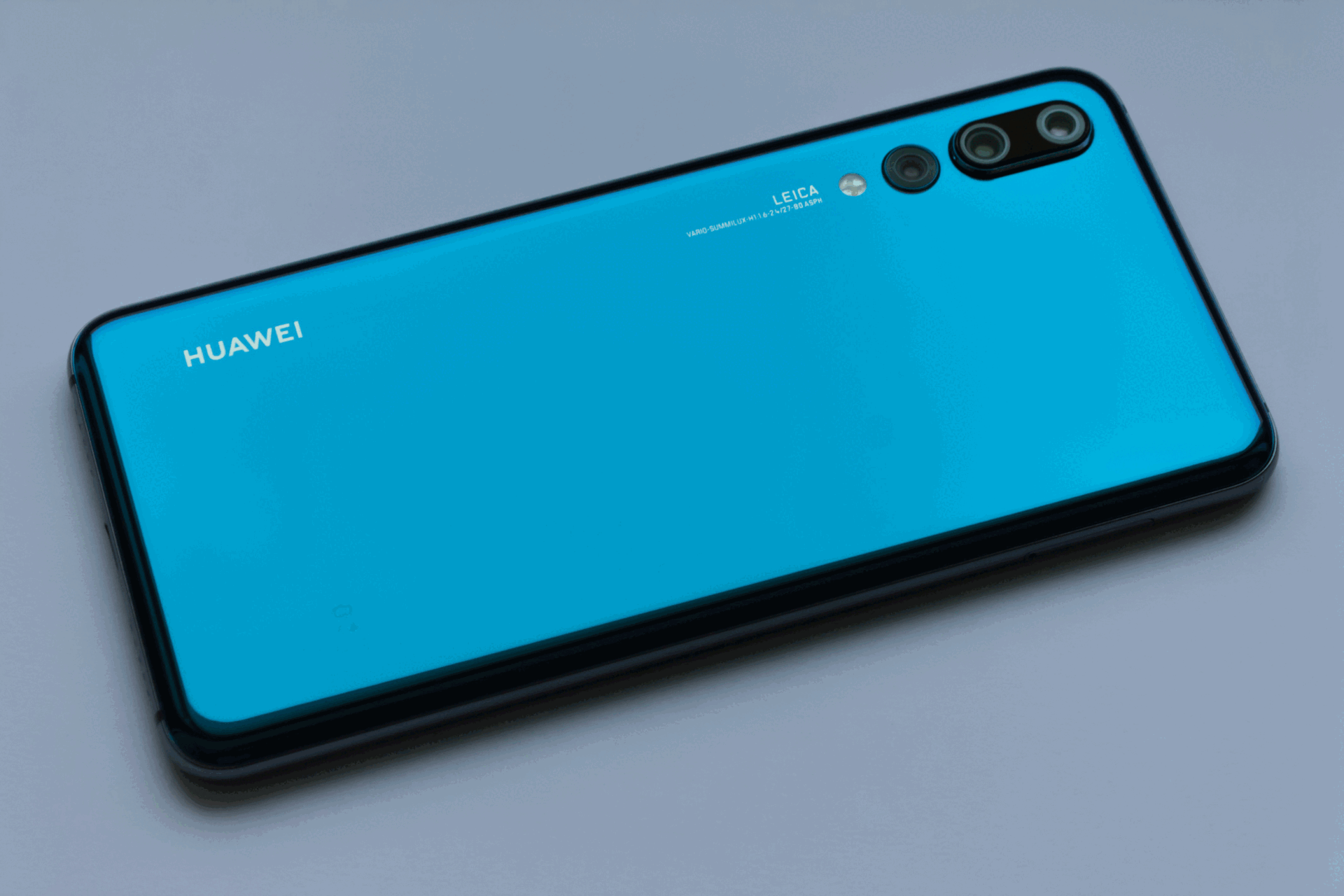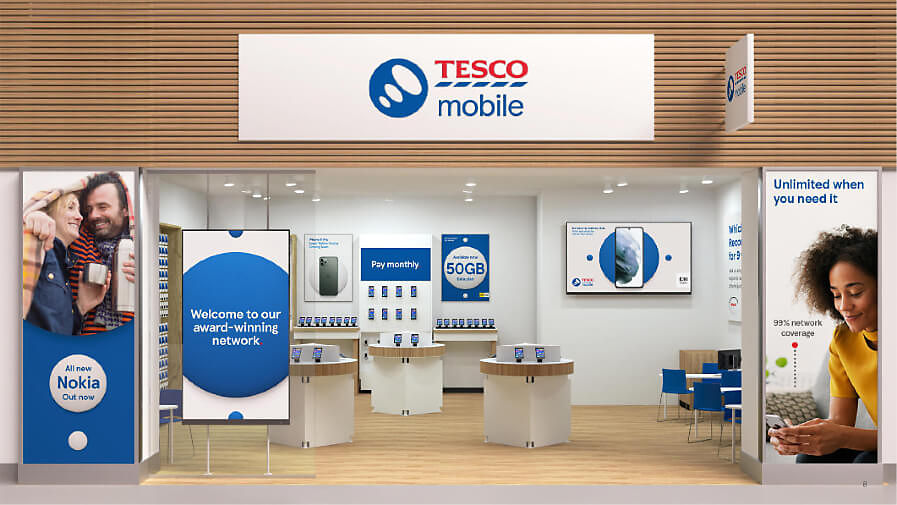Interview: Huawei’s Jaime Gonzalo on ‘trust and transparency’ despite product bans in several countries
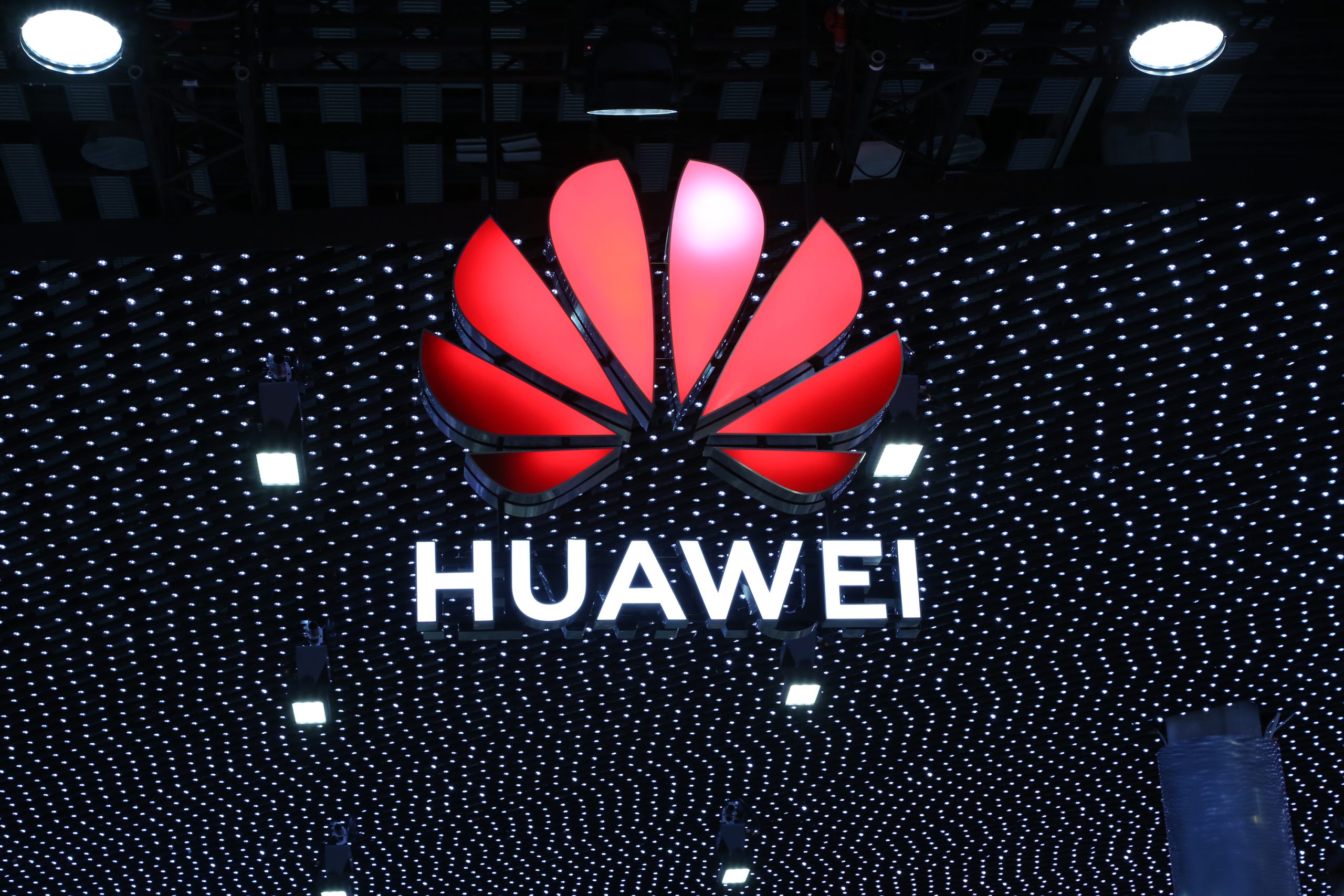
- Wednesday, April 3rd, 2024
- Share this article:
Mobile Marketing Magazine sits down with Huawei’s Consumer Mobile Services (HMS) Vice President of Europe, Dr Jaimie Gonzalo to provide insights into the mobile giant’s strategy, the future of mobile marketing, and the challenges and opportunities that lie ahead.
Subscribe to Mobile Marketing Magazine
Click here to get the latest marketing news free in your inbox every Thursday
Huawei’s commitment to user privacy and security
The mobile giant, which launched in China in 1987, has recently faced bans or restrictions in several countries, including the United States, Australia, Japan, New Zealand, and the United Kingdom.
Additionally, some European countries also imposed restrictions on Huawei’s involvement in their 5G networks due to security concerns.
However, despite these restrictions, Gonzalo states that privacy and security are not just buzzwords for the brand, instead, fundamental principles that guide every aspect of its operations.
He tells Mobile Marketing Magazine: “We continue to stand by our commitment to strictly protect users’ privacy and security while providing them with a unique and smart experience.
“Huawei operates through transparency, ensures compliance with global privacy regulations, and creates a better customer experience.”
“We have always complied with security policies, laws, and regulations in every country in which we operate,” Gonzalo adds.
“Any company or organisation working with Huawei, or consumer using Huawei devices or software can have confidence in our data security and privacy practice, regardless of location.”
Empowering brands to thrive in the Chinese market
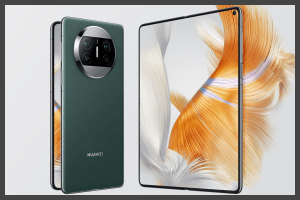
One key focus for the company is empowering European brands to tap into the vast potential of the Chinese market, especially with the “evolving landscape of China’s luxury and travel sector”.
As a result, he emphasises the importance of understanding the unique characteristics of this market, where luxury, sustainability, and ethical products are in high demand.
Leveraging Huawei’s Petal Ads platform, European brands can tailor their strategies to resonate with Chinese consumers, he claims, whether they are in China or high-value travellers.
He notes: “With our expertise and insights at Petal Ads, we’re ideally positioned to help European brands navigate this dynamic market and achieve success in engaging with the Chinese audience.
“To leverage on the opportunities and thrive, European brands must adopt a clear understanding of their target audience and craft personalised strategies that resonate with Chinese consumers.
“This involves not only recognising their preferences for luxury, fashion, lifestyle, and jewellery but also acknowledging their inclination towards sustainable and ethical choices.”
Navigating challenges and adapting to evolving trends
Regarding navigating obstacles related to bans on its mobile business, Huawei Mobile Services has employed strategies such as identifying new markets for expansion and developing new technologies, Gonzalo reveals.
As a result, the move comprising of Huawei’s very own ecosystem of apps and services in a bid to provide benefits for its users.
Meanwhile in Europe, Gonzalo acknowledges the challenges posed by regulatory requirements such as GDPR.
He says: “Navigating the labyrinth of European regulations while keeping up with diverse linguistic and cultural landscapes can be quite the maze. From the General Data Protection Regulation (GDPR) to roaming charges, each country brings its own flavour of complexity.
“Europe has stringent regulations like GDPR, which mobile services need to comply with – adding additional layers of complexity to operations.”
As a mobile service provider which trades in several countries, Huawei needs to adapts its offering across Europe, which “is also home to a multitude of languages and cultures across countries” to cater to this diversity, “adding another layer of challenge”, he claims.
Alongside this, historically, roaming charges have been a key issue within the region, with consumers facing high fees when using their phones abroad.
While regulations have been implemented to address this, managing the transition and compliance can also be challenging, he says.
However, Gonzalo reaffirmed the company’s commitment to compliance and transparency, ensuring that user privacy remains a top priority.
He says: “Huawei will continue to embrace these challenges and keep connectivity and innovation flowing across the diverse continent.”
On the future of mobile marketing
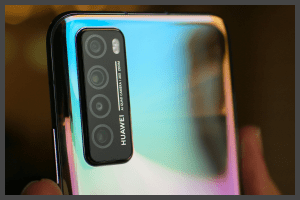
Looking ahead, the VP of HMS outlined key trends shaping the future of mobile marketing, including AI-powered personalisation, mobile-friendly approaches and the rise of virtual reality (VR).
“It’s an exciting time to be in the world of mobile marketing, where creativity meets technology to shape unforgettable brand experiences,” he says.
Meanwhile, he also emphasises the importance of AI, branding the tool as the “secret sauce for marketers”, allowing them to “harness the power of data in ways we never thought possible”.
He says: “With AI, we’re not just talking about flooding consumers with content; we’re also talking about delivering personalised experiences that resonate on an individual level.
“It’s like having a digital marketing assistant that knows your customers almost as well as they know themselves. This shift enables marketers to focus on the creative aspects of their campaigns, while leaving the heavy lifting of data analysis and optimisation to machines.”
In today’s digital, fast-paced world, where people are glued to their smartphones, it’s imperative that marketers prioritise mobile-friendly approaches.
“Mobile isn’t just another channel; it’s quickly becoming a significant platform for reaching and engaging with audiences,” Gonzalo continues.
“Tailoring content specifically for mobile consumption ensures that users can interact seamlessly and effortlessly, leading to higher engagement and conversion rates.”
“From responsive web design to mobile-first ad formats, the mantra is clear: think mobile, think user-centric,” he concludes.







